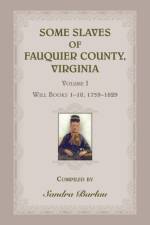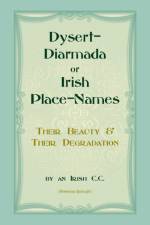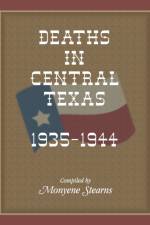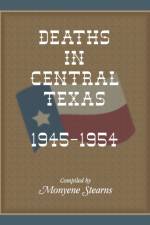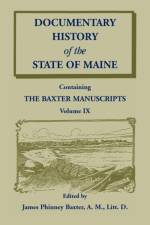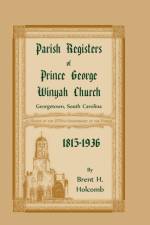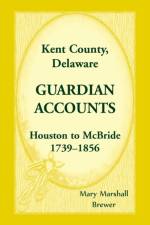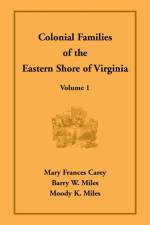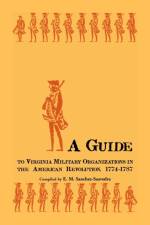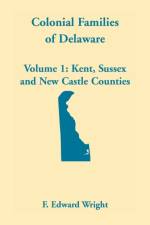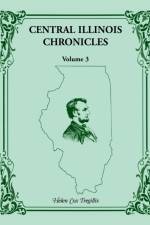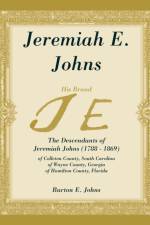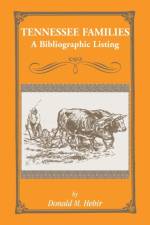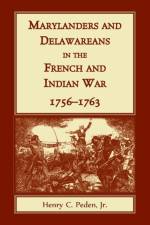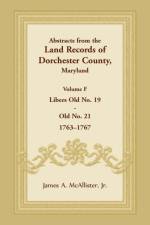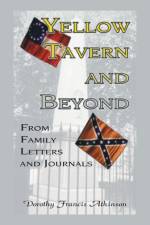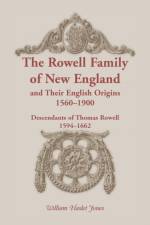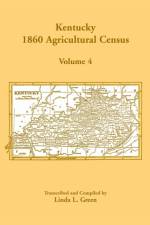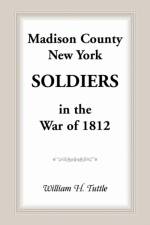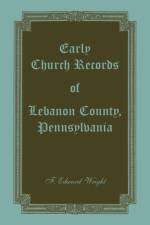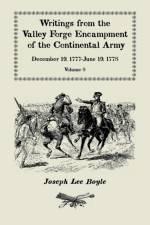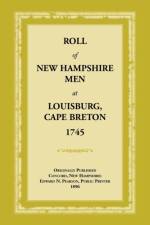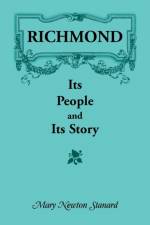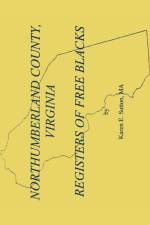- The Descendants of Jeremiah Johns (1788-1869), of Colleton County, South Carolina, of Wayne County, Georgia, and of Hamilton County, Florida.
av Burton E Johns
821
Jeremiah Johns was born in South Carolina on November 18, 1788. He married circa 1809, probably in Wayne County, Georgia, and then settled in Hamilton County, Florida. A special forward by Vera Mallon, past chairman of the Florida Pioneers Committee of the Florida State Genealogical Society is included with copies of original documentation suggesting that this Jeremiah is the one who signed off on the deed of Jacob Johns of Walterboro, South Carolina, as of January 23, 1817. Jeremiah appears in what is now Hamilton County, Florida in 1829, and he was listed in the 1830 Territorial Census of Florida as the head of the family, so descendants of Jeremiah E. Johns, upon presentation of the proper evidence, should qualify for "Florida Pioneer Descendants Certificates." The Florida State Genealogical Society urges members who have territorial Florida ancestors to apply for this certificate. This book identifies the relationships of almost 4,000 descendants of Jeremiah, including the following major surnames: Johns, Bryan, Cheshire, Ellis, Hogan, Brown, Johnson, Mickler, Smith, McGhin, Hutchinson, McMullen. Stewart, Dorman, Williams, Peeples, Knight, Miller, Turner, and Ward. There are also over 700 other surnames of people who were touched by "Jeremiah's Brand." Over 300 of his descendants contributed information including birth, death, burial location, marriages, children, and other textual data on themselves and their ancestors. A full-name index that includes birth and death date (if available), a list of sources, and facsimile reprints of original documents (including maps) enhance the text. Burton Johns is a member of the National Genealogical Society, the Florida State Genealogical Society, the Suwannee Valley Historical Association, the Colleton County Genealogical Society, and numerous other local groups. He has been working on this project since 1987. He is a Florida Pioneer descendant.

